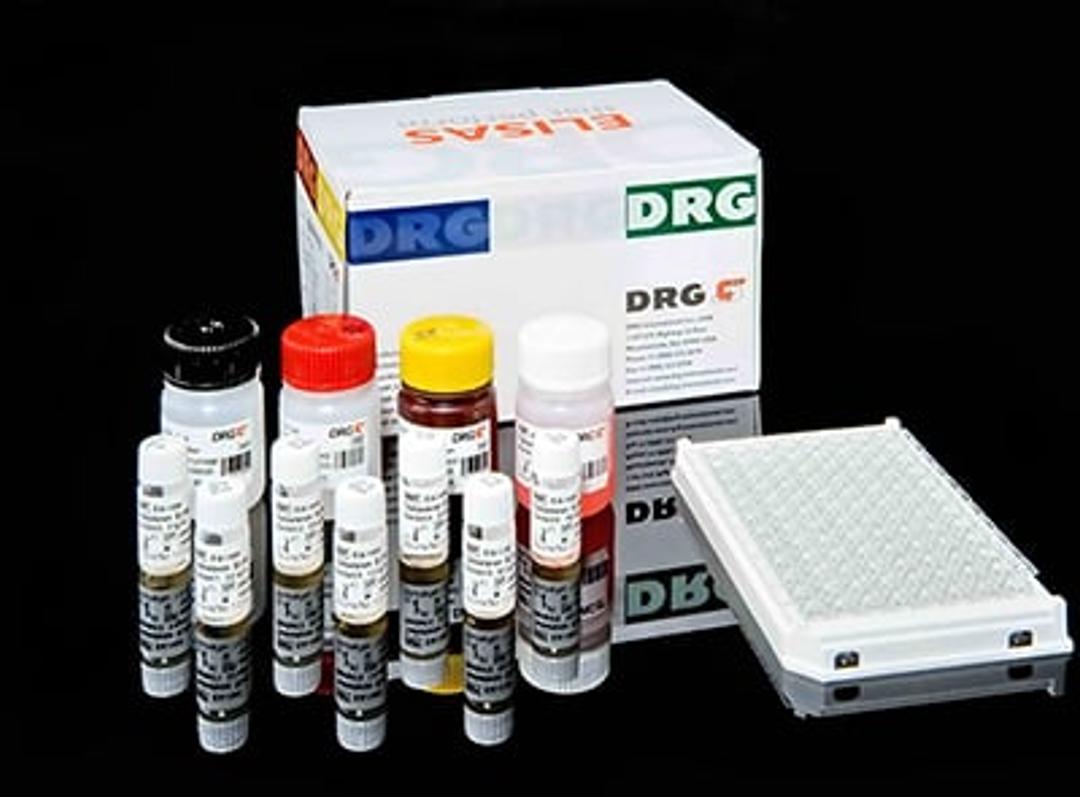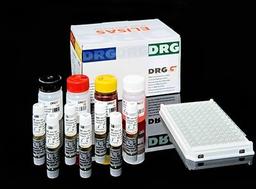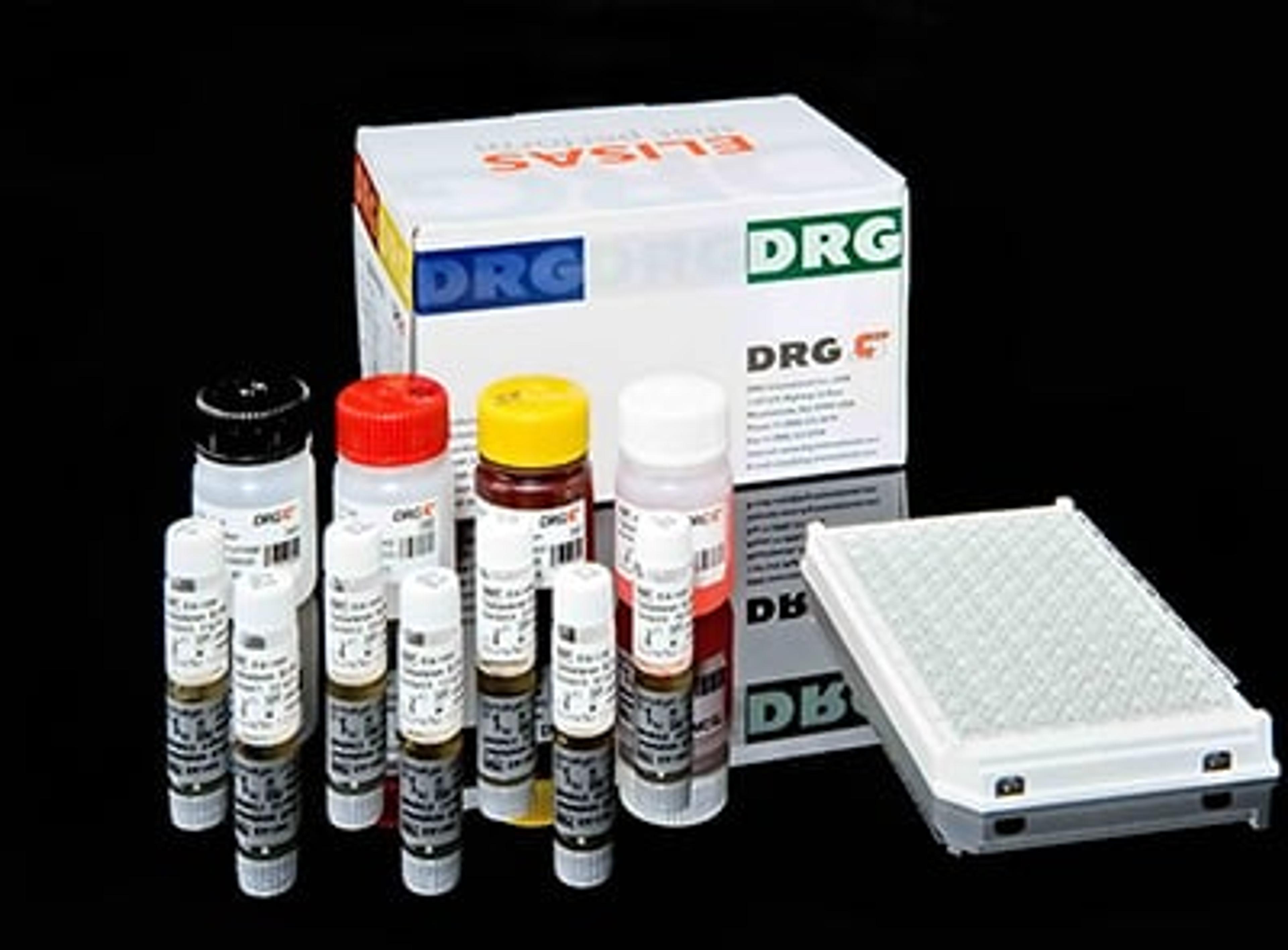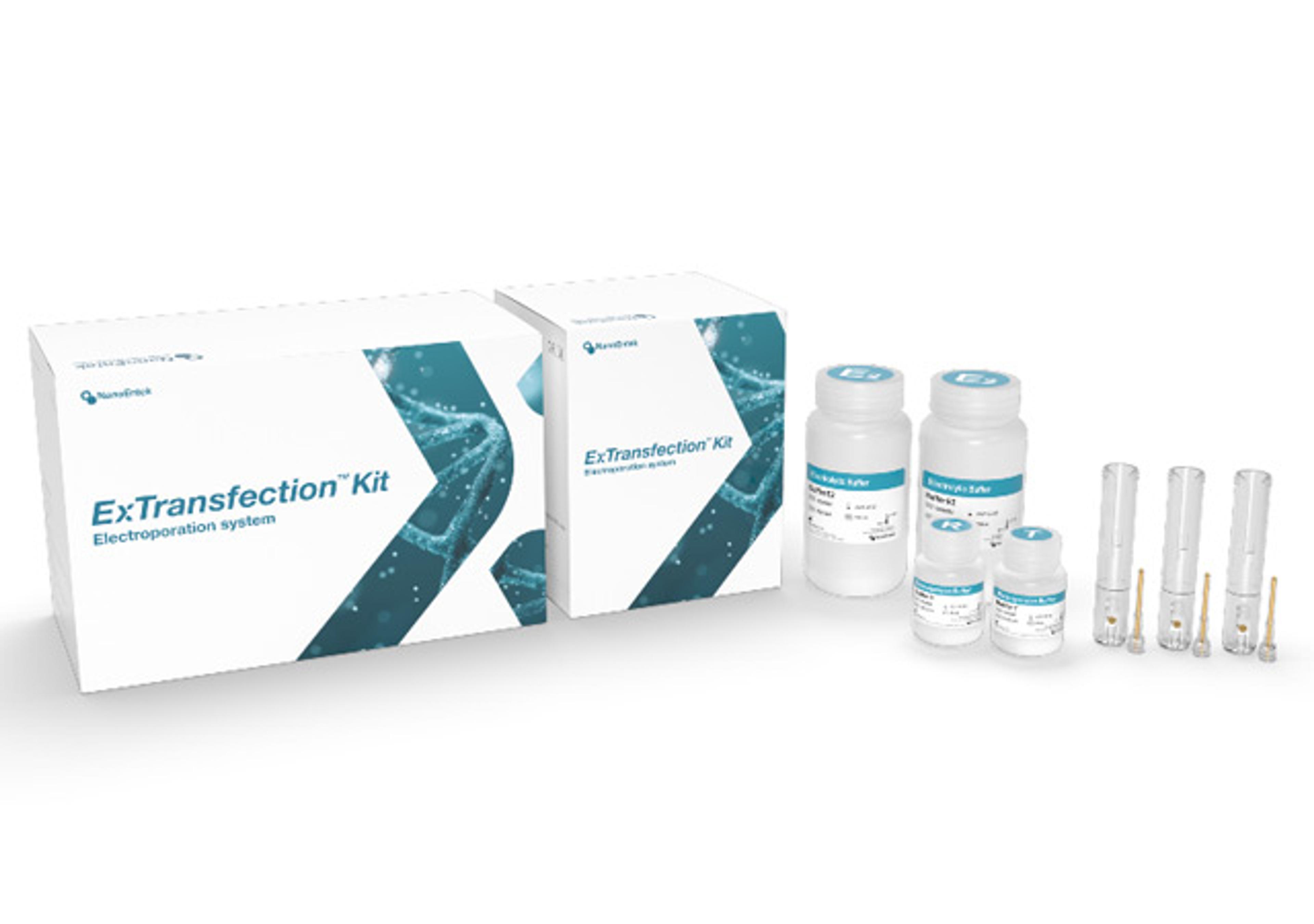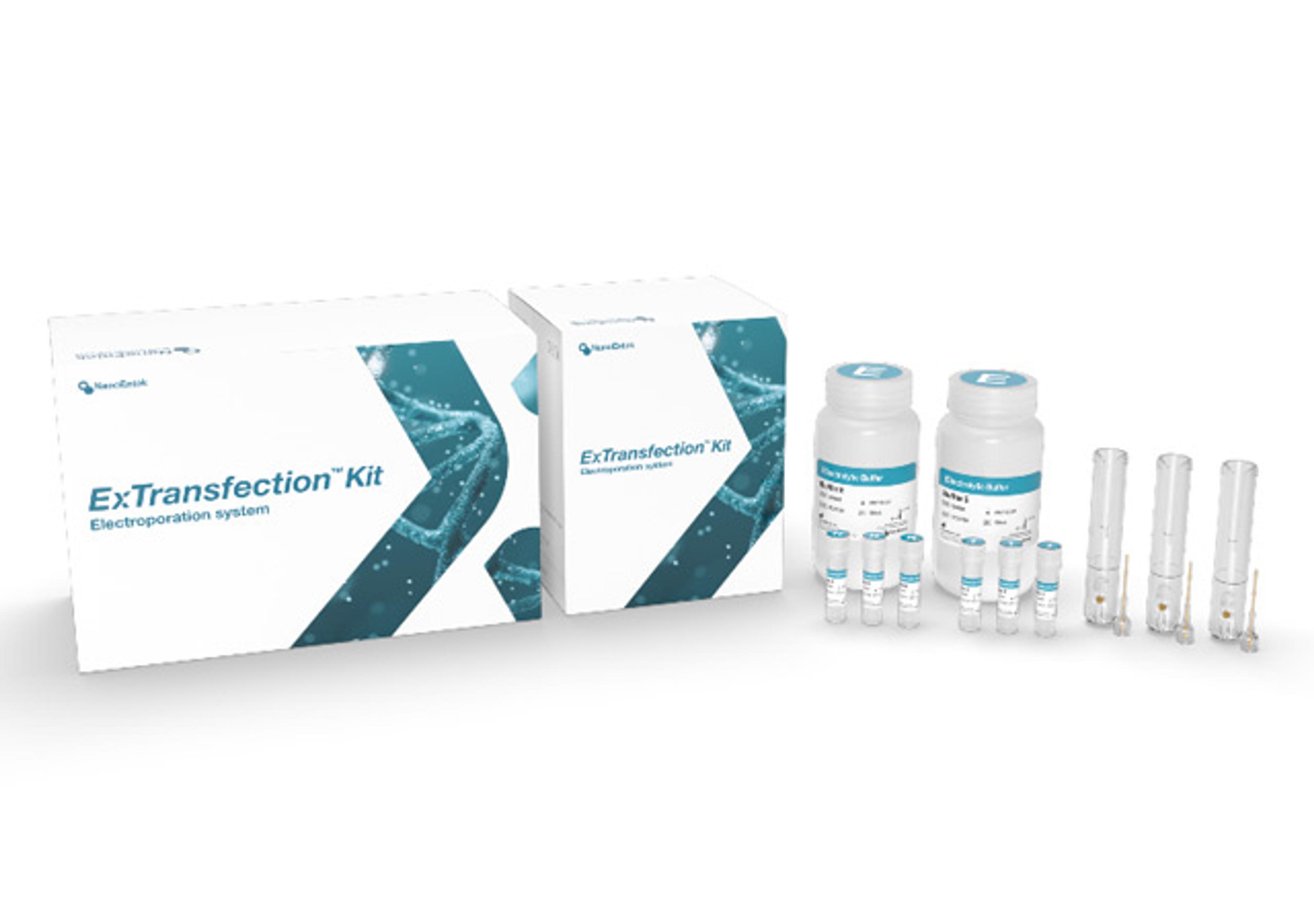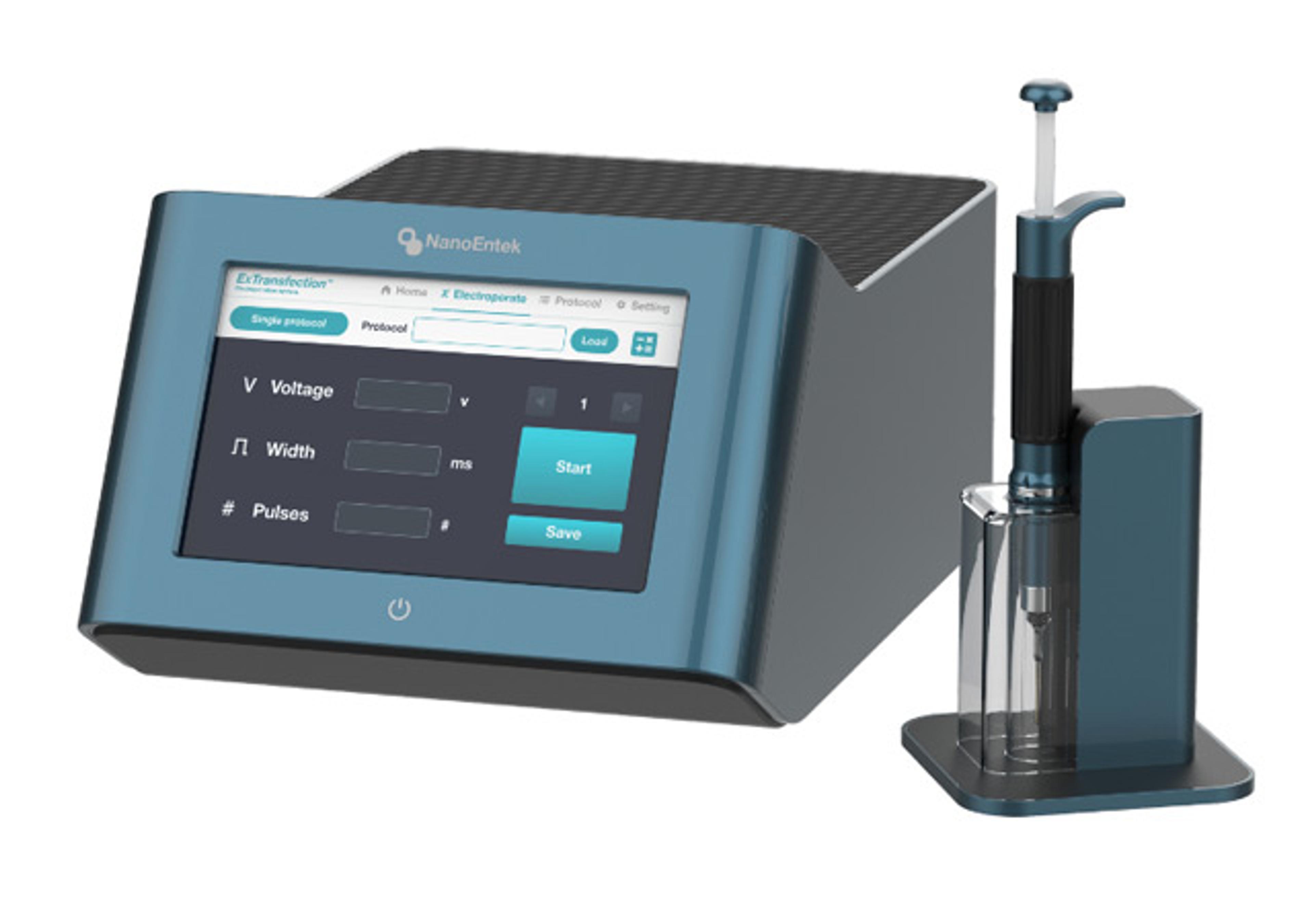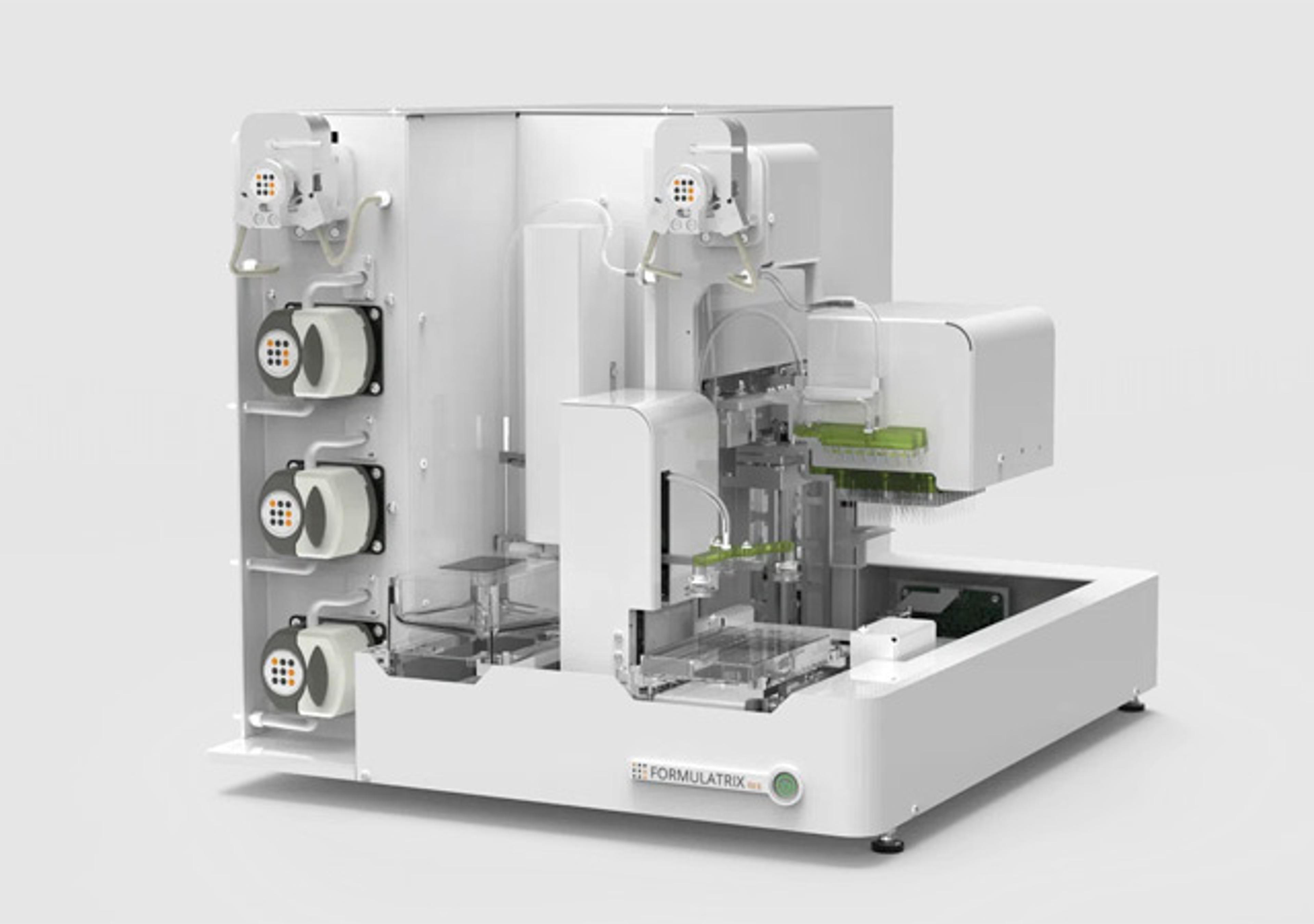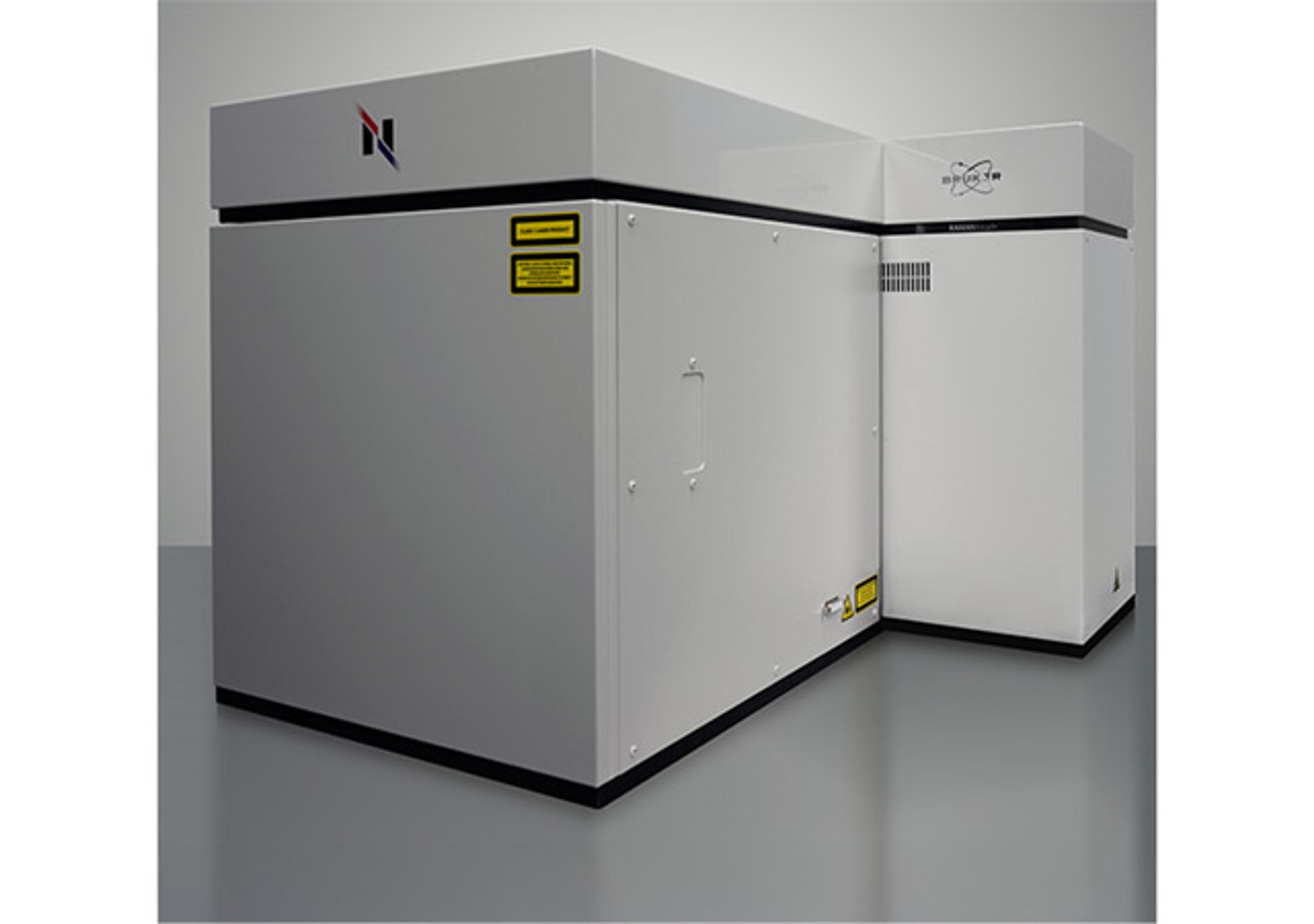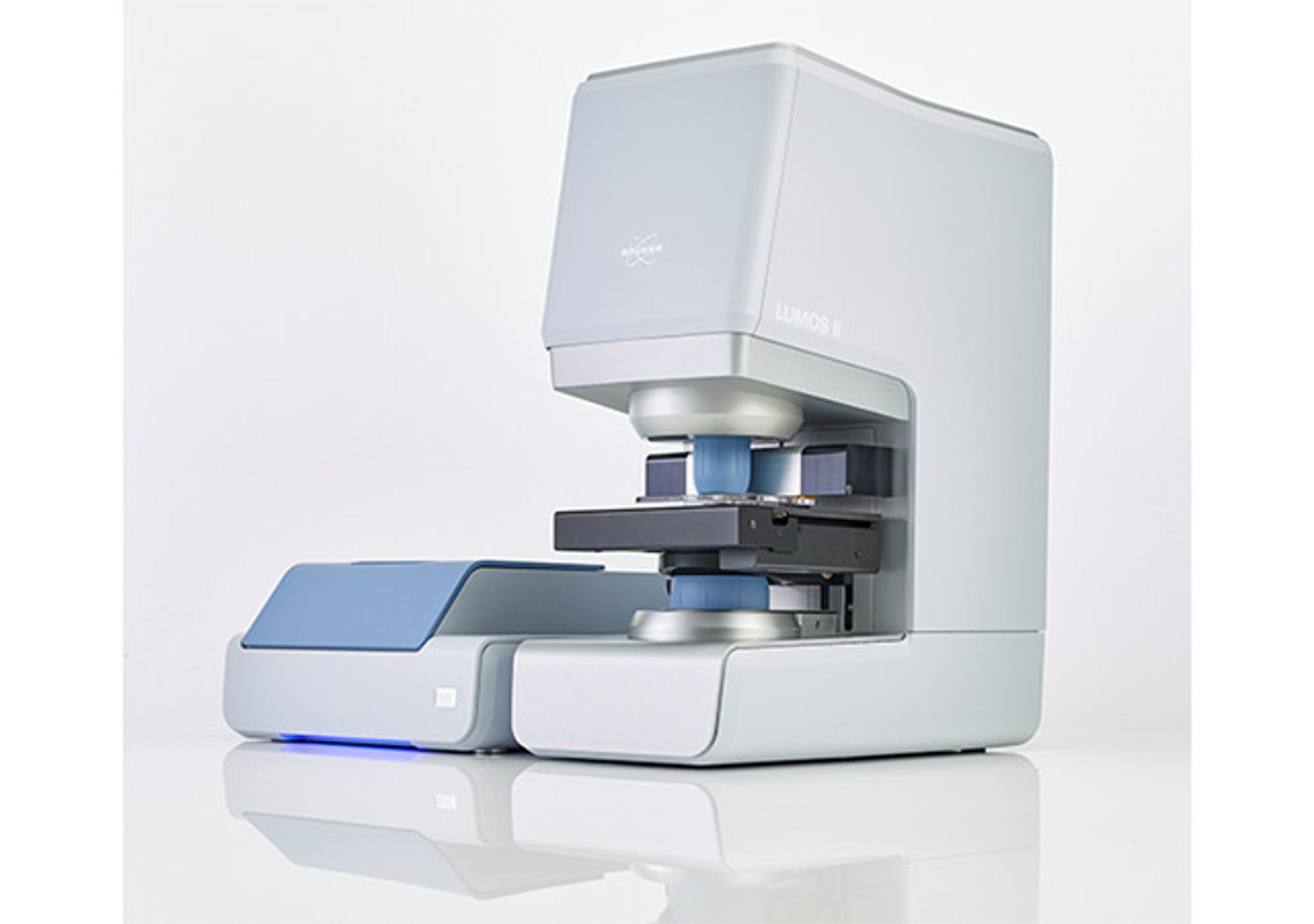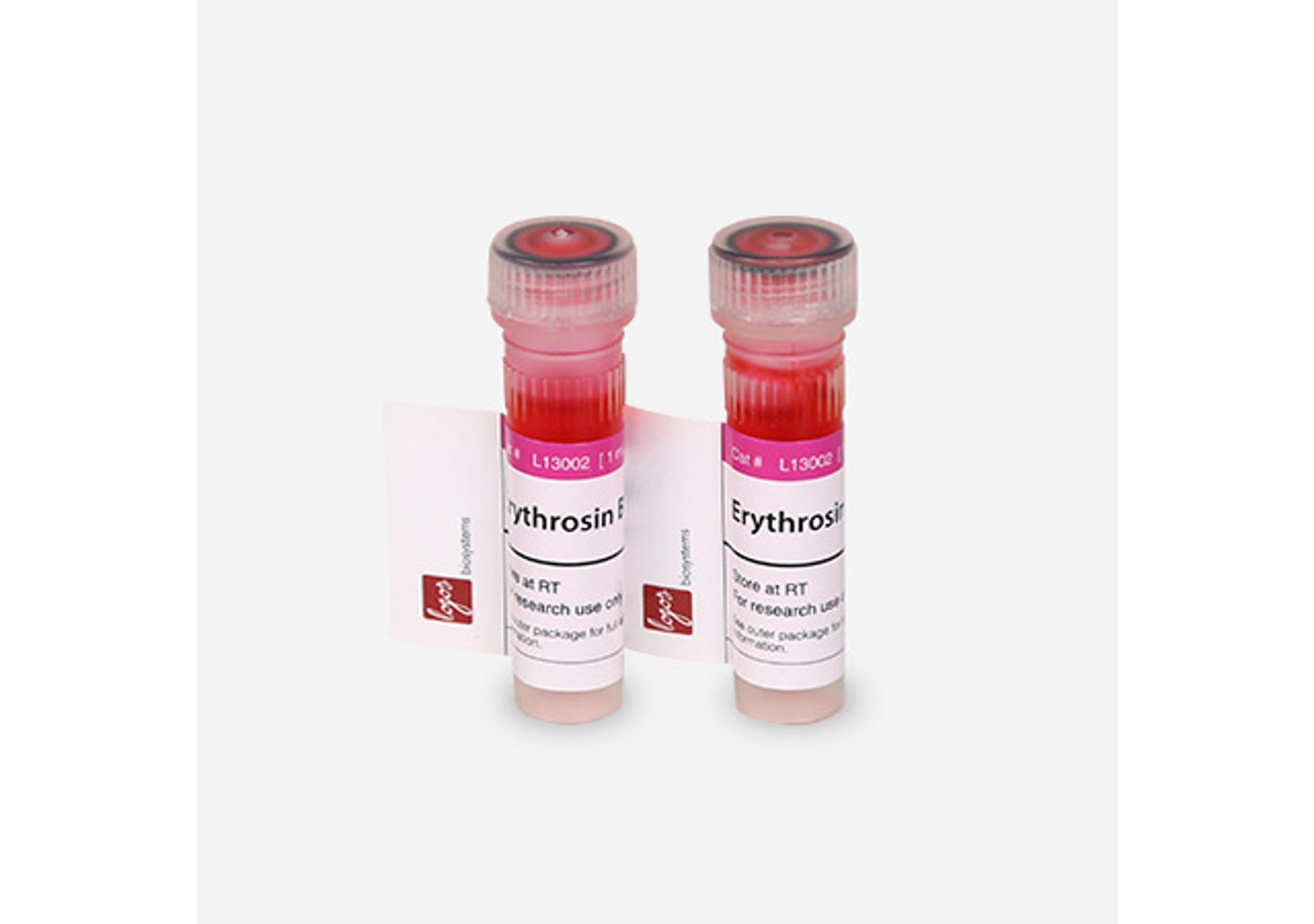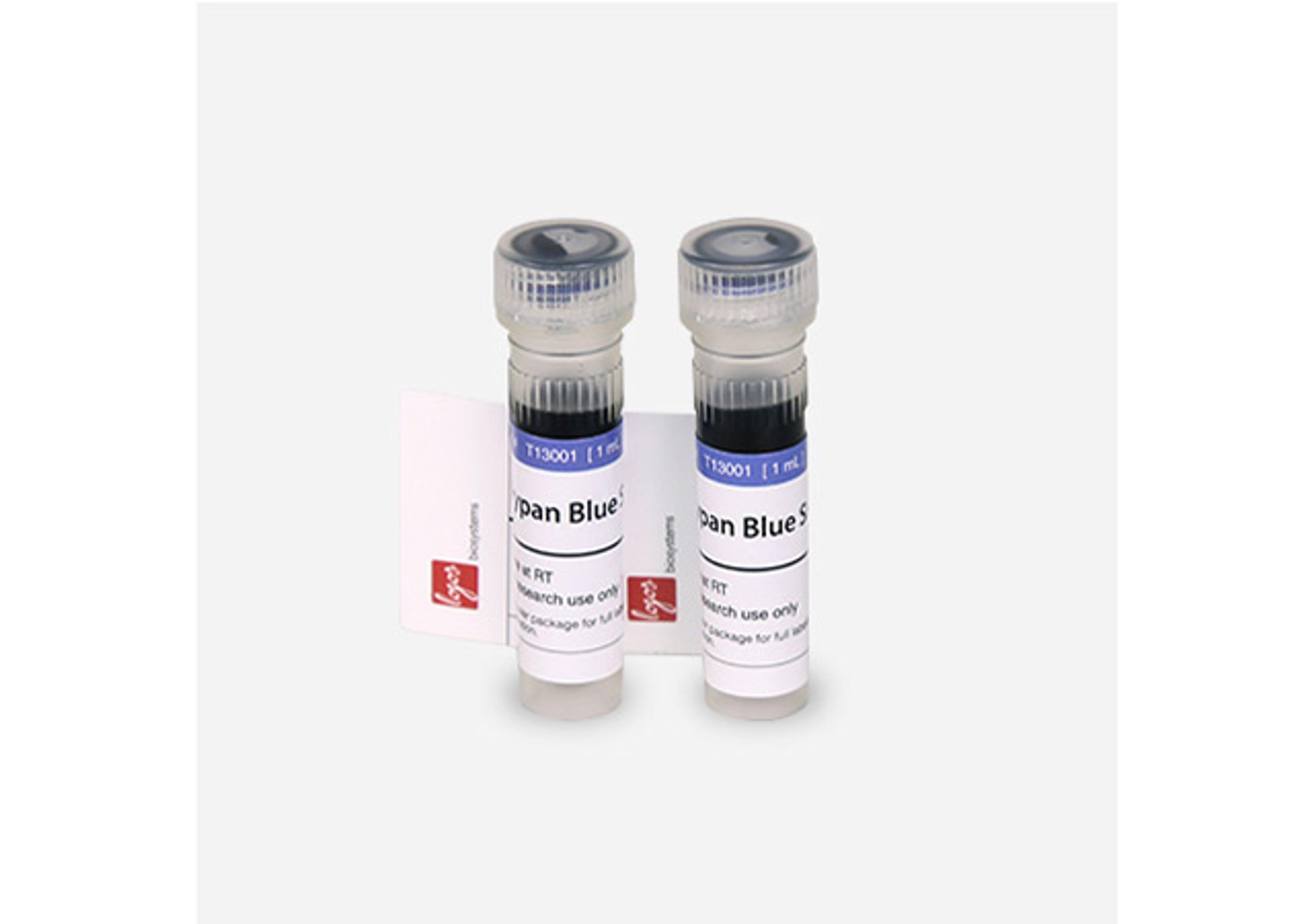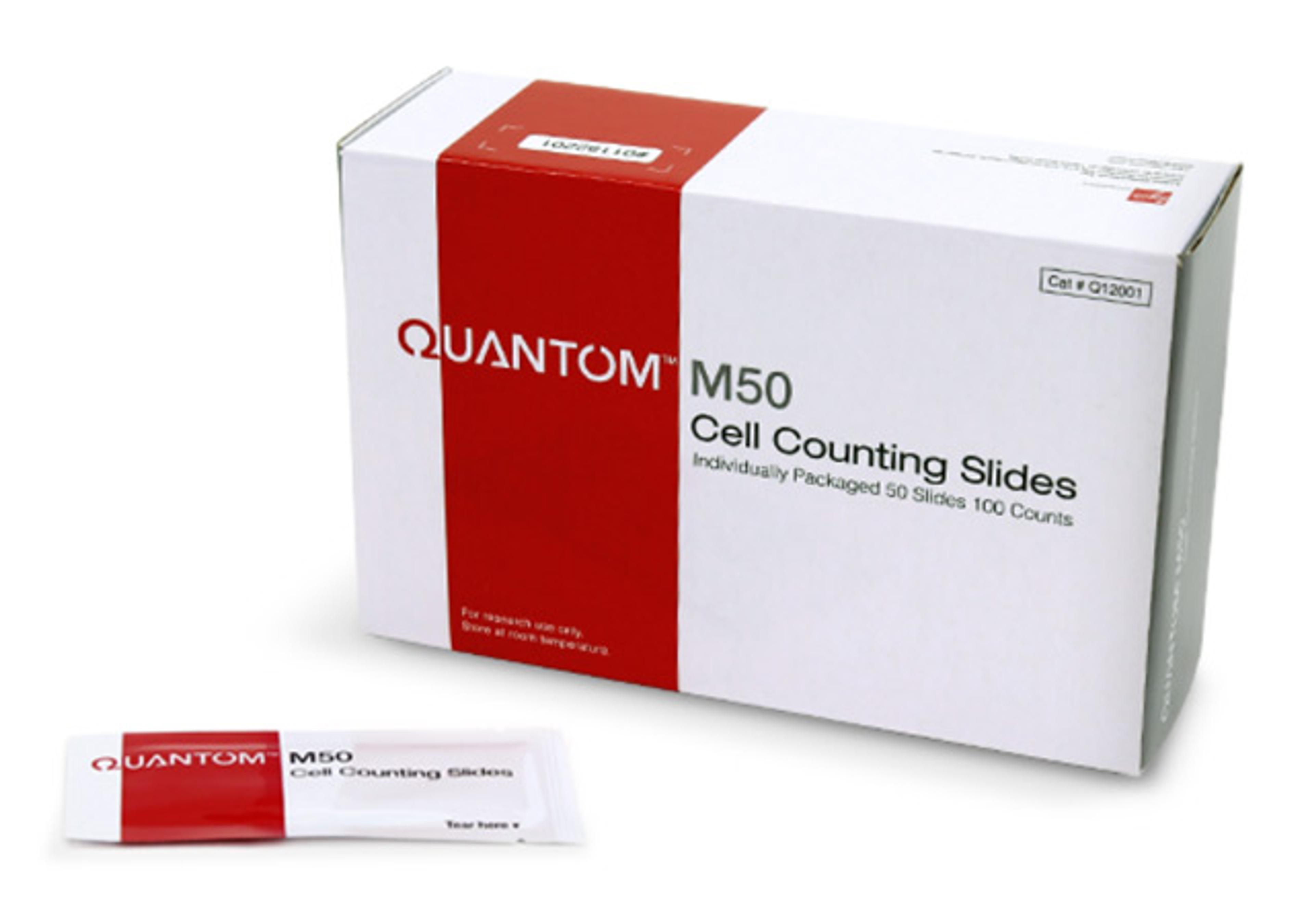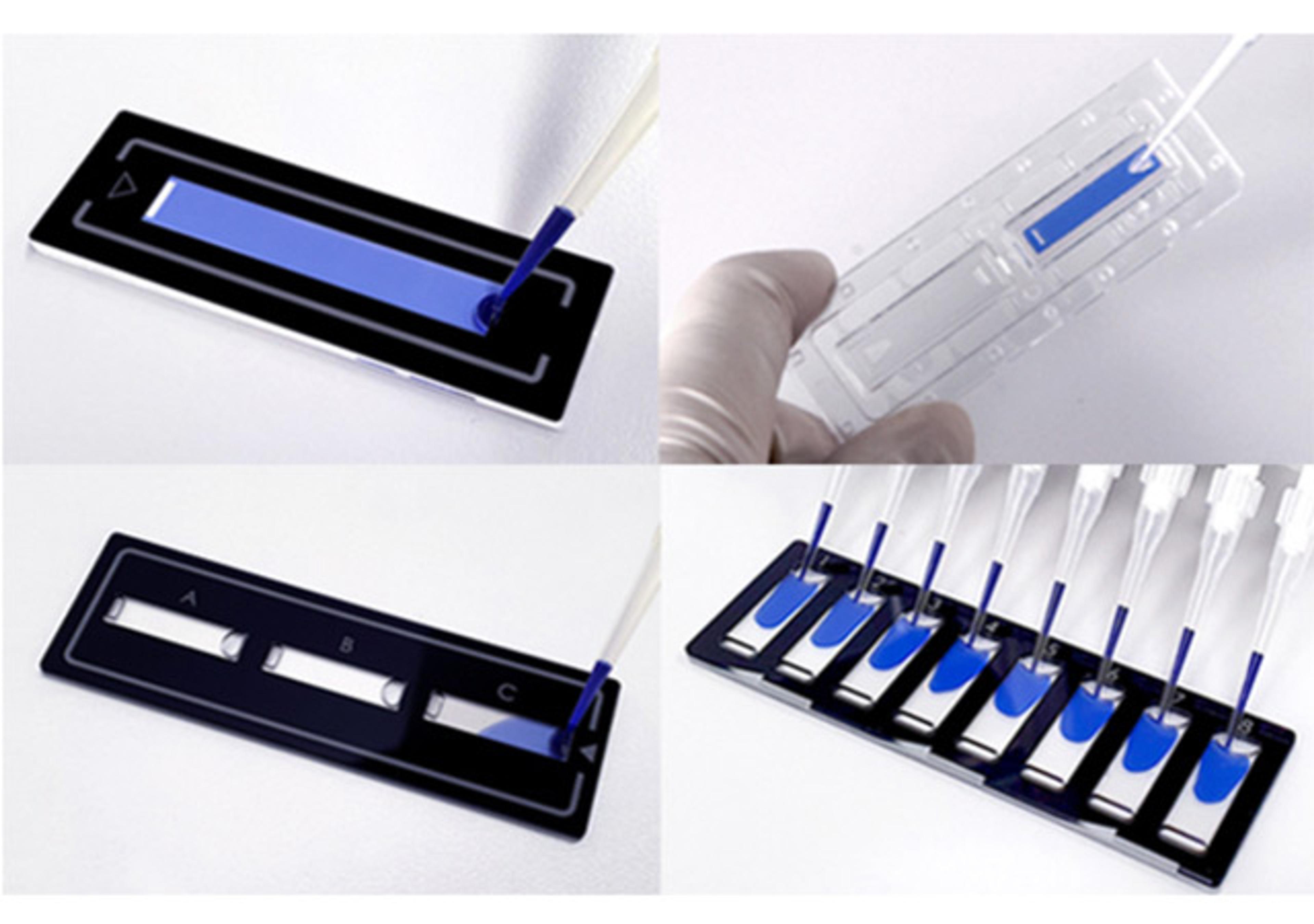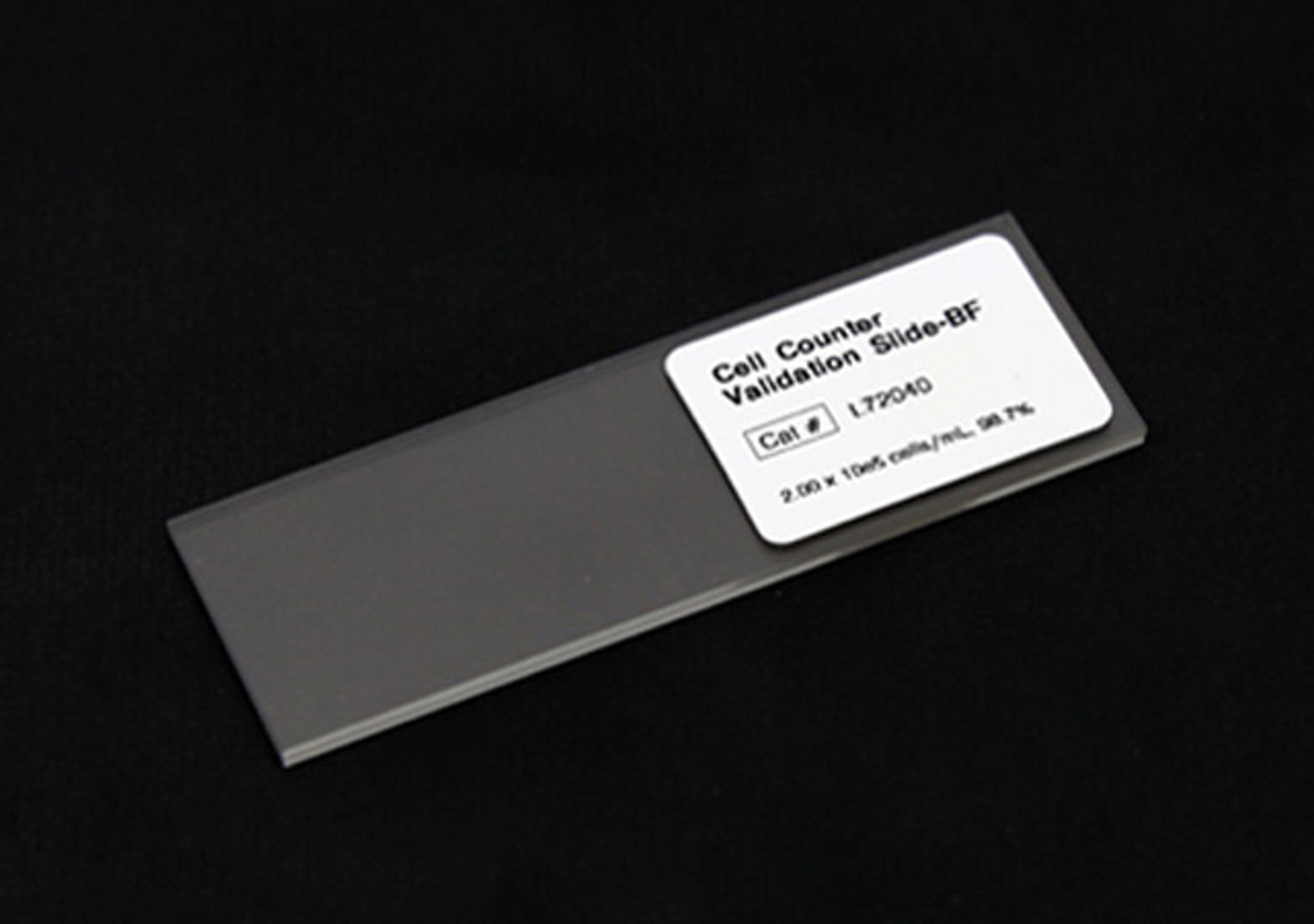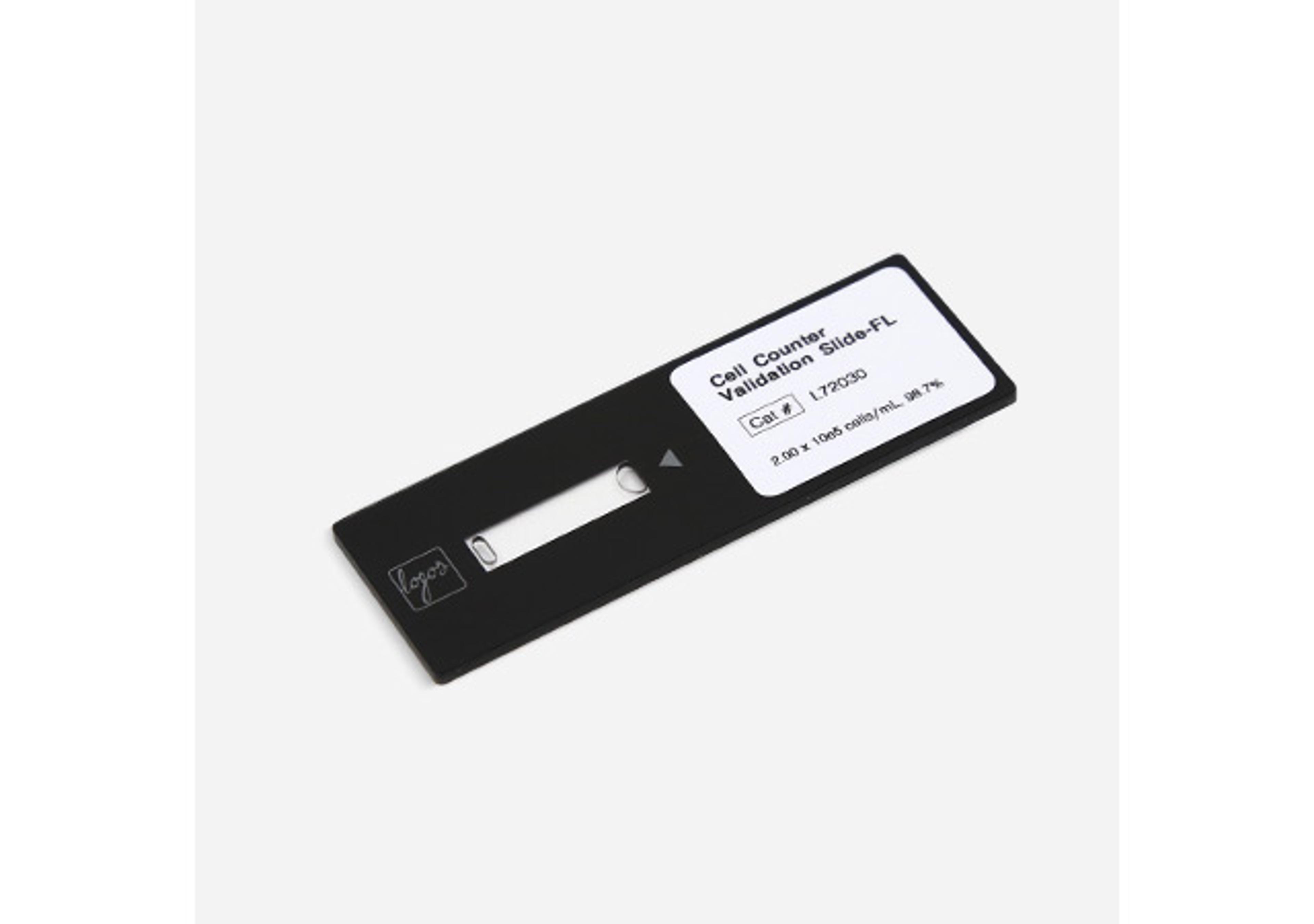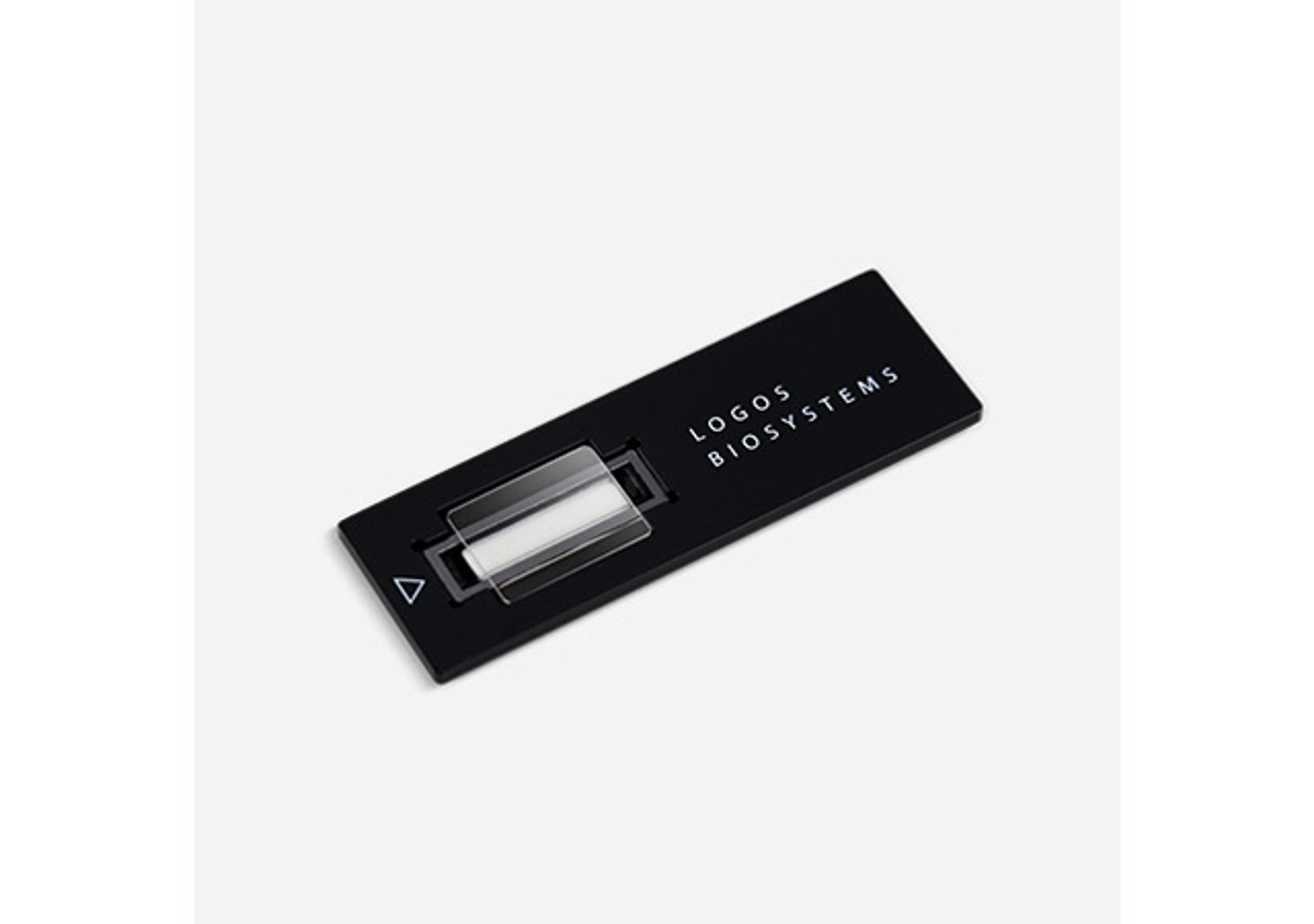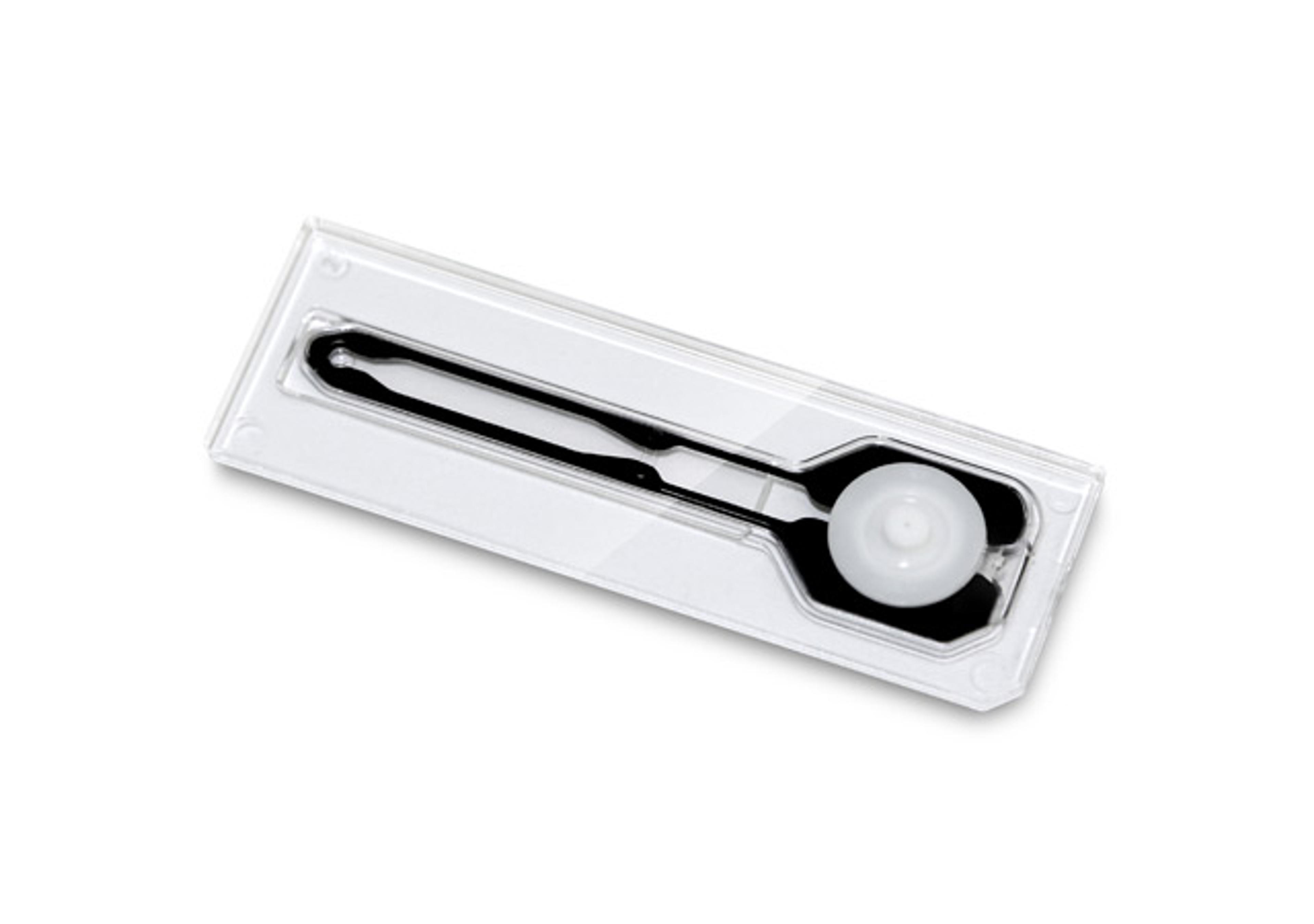Vitamin Folic Acid
High Quality Assays with Reproducible and Reliable Results

The supplier does not provide quotations for this product through SelectScience. You can search for similar products in our Product Directory.
Vitamin Folic Acid Test is a microtiter plate test kit based on a microbiological assay which measures the total folic acid content in serum. The test kit contains all required reagents, e.g. standard, medium and microtiter plate coated with a specific microorganism, sufficient for 96 determinations including standard curves. An ELISA reader is required for evaluation of the folic acid content.Folic acid, a water soluble, light and temperature sensitive vitamin of the B complex (vitamin B9), is involved in all growth and development processes of the body. Folic acid is essential for the formation of red blood cells, for optimal functioning of the bone marrow and for healthy nerve activity. Moreover, folic acid is essential for cell division, therefore it is important in foetus development. Although most plant and animal based foods contain folic acid, a deficiency of folic acid is the most widespread vitamin deficiency in Europe and North America. According to information from the German Nutritional Society (Deutschen Gesellschaft für Ernährung) only one in four Germans absorb sufficient folic acid – the result of one-sided nutritional habits with little fresh fruit and vegetables. But also age, disease and the influence of specific medications e.g. Cotrimoxazol, may lead to resorption disturbances and to an associated deficiency.Serum samples are diluted with a buffer solution. The diluted samples are added into the microtiter plate wells coated with Lactobacillus rhamnosus which metabolizes folic acid. The addition of folic acid in either standards or samples gives a folic acid-dependent growth response until it is consumed. After incubation at 37°C for 48 hr, the growth of Lactobacillus rhamnosus is measured turbidimetrically at 610 - 630 nm (alternative at 540 - 550 nm) in an ELISA-reader and a standard curve is generated from the dilution series. The amount of folic acid is directly proportional to the turbidity.

